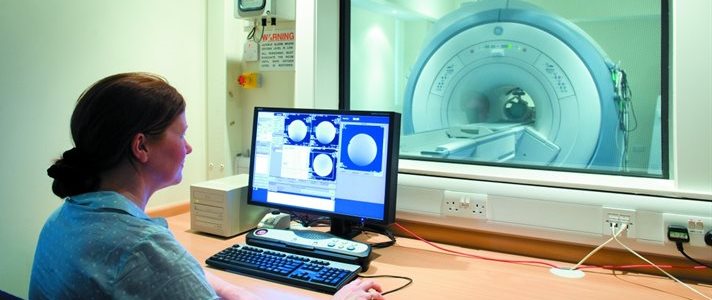
The FLEXI Study (FaLls EXercise Implementation)
This projects aims to understand how best to increase the availability of the Falls Management Exercise programme (FaME) using an implementation toolkit we developed and working with local experts to promote FaME.
Duration: October 2021 to the end of 2025
Funder: NIHR
Partners:
NIHR ARC Greater Manchester, NIHR ARC South West Peninsula ,South West Academic Health Sciences Network, Royal Society for the Prevention of Accidents, Health Innovation Manchester, Later Life Training, Torbay and South Devon NHS Foundation Trust, Leicester-shire and Rutland Sport.
CHILL investigators:
Professor Stephen Timmons
Research summary
Falling can cause injury, pain, loss of confidence and independence. This is undesirable for the individual and their families, and places significant demands on health and social care services.
Falls are not inevitable. By improving an individual’s strength and balance, alongside skills to help getting up from a fall (should this happen), the likelihood of a fall occurring or having damaging consequences, such as a long lie on the floor, can be minimised.
The Falls Management Exercise (FaME) programme is a group-based, face-to-face, six-month exercise programme specifically aimed at improving the strength and balance of people aged 65 and over. Research has shown that FaME results in fewer falls, improved confidence, and reduced fear-of-falling. Despite this, FaME is still not available everywhere across England. More needs to be understood about how best to increase its availability and ensure high quality delivery.
To improve our understanding of this, we previously studied FaME’s set-up, delivery and quality in the East Midlands. We learnt a lot about how to get FaME running and showed that the programmes worked outside of a research setting. Using learning from the East Midlands, we developed a guide for implementing FaME called the implementation toolkit. This evidence-based toolkit contains all the information needed to set up and run a FaME programme, from making the initial business case to promoting it to participants. We now want to use this toolkit to see if FaME can be made more available in two new, and very different, regions: Greater Manchester and Devon, and assess whether FaME works in these populations too, particularly if adaptations are made because of Coronavirus.
We aim to:
- understand how best to increase availability of FaME in two new areas and assess the role that the toolkit plays in this. Using the toolkit we will work with local experts to promote FaME to organisations that decide what health services should be funded locally
- study the delivery of FaME in the new areas and see if programmes work in these populations by measuring improvements in participating individuals
- test ways of maintaining the quality of FaME programmes over time. Working with Later Life Training, a national not-for-profit organisation with expertise in FaME, we will measure the quality of programmes and test what works to make them better
We will use this information to improve the implementation toolkit and develop plans to support national implementation of FaME.



